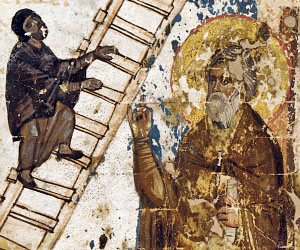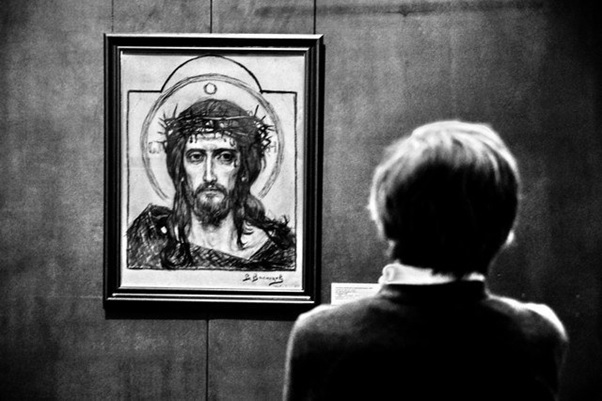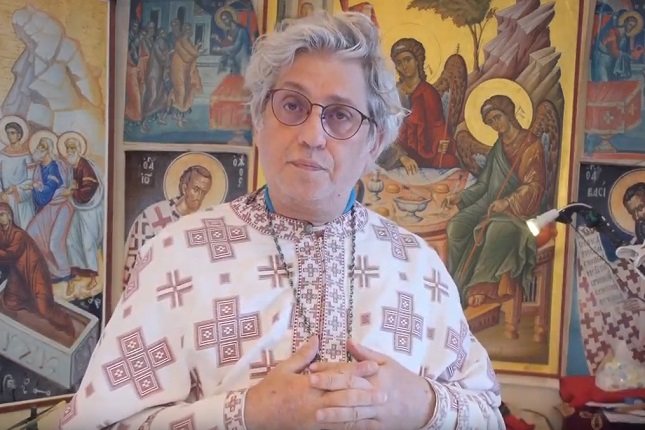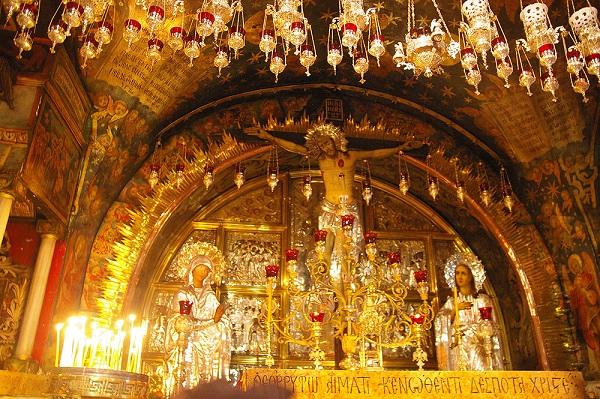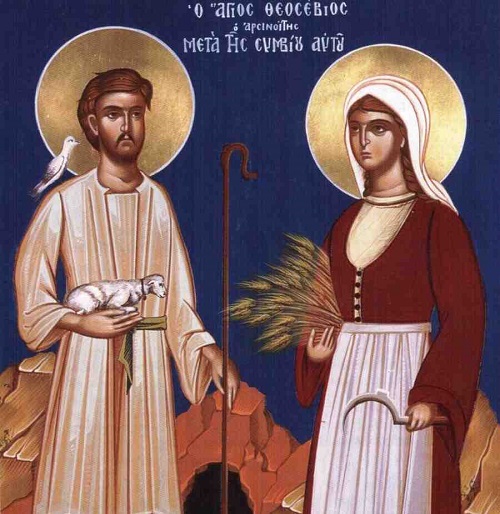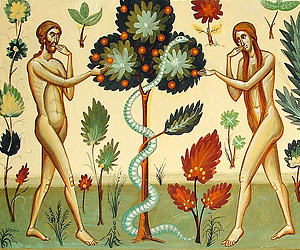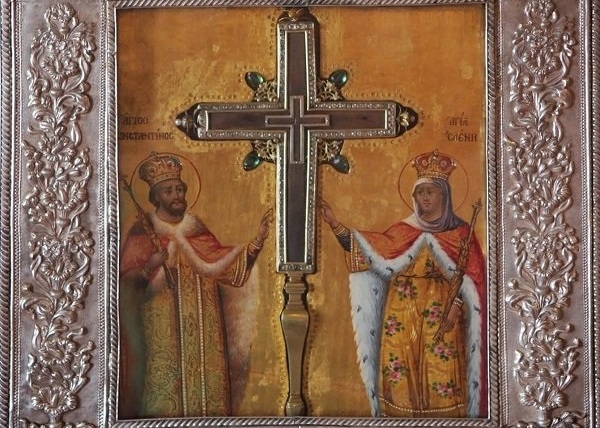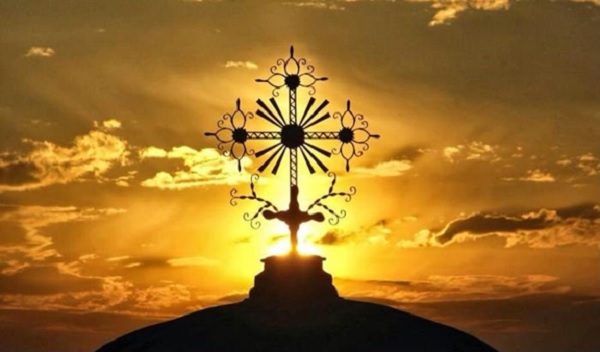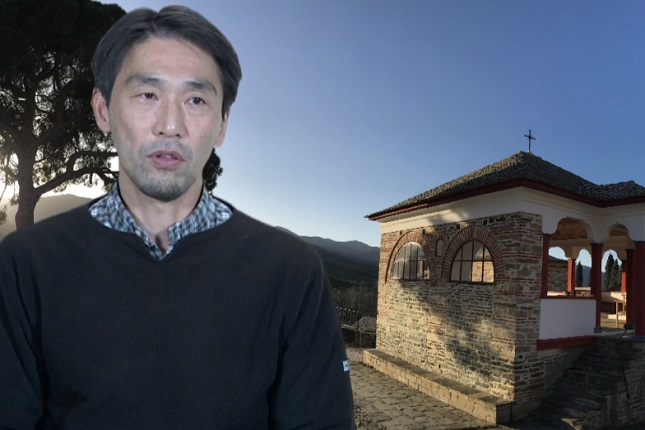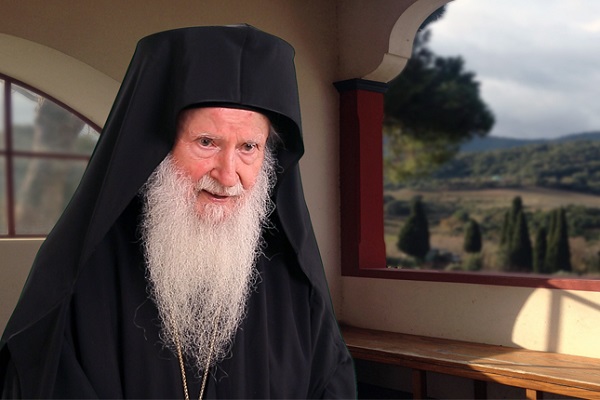
In today’s reading from the Apostle Paul’s Letter to the Hebrews, we are urged to be firm in our belief that God’s promises will not be broken. People often promise things and then fail to do them. Sometimes, a person simply forgets to do it. Another reason may be that a serious problem or issue has arisen, rendering the fulfillment of the promise impossible. Finally, a person may have vowed to do something that they later realize goes against their own interests, with the result being that they do everything possible to break the promise. With God, it is very different. He is not hindered by human weaknesses. God never forgets or fails to do anything He says, because He is Almighty. ...

